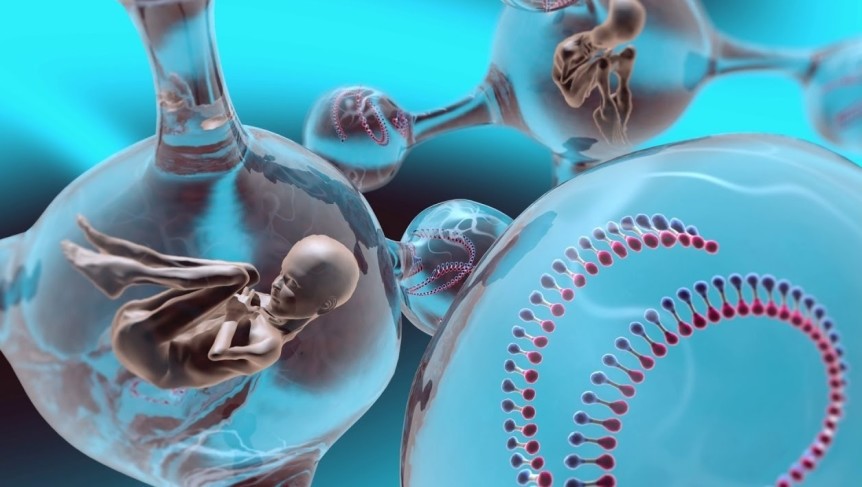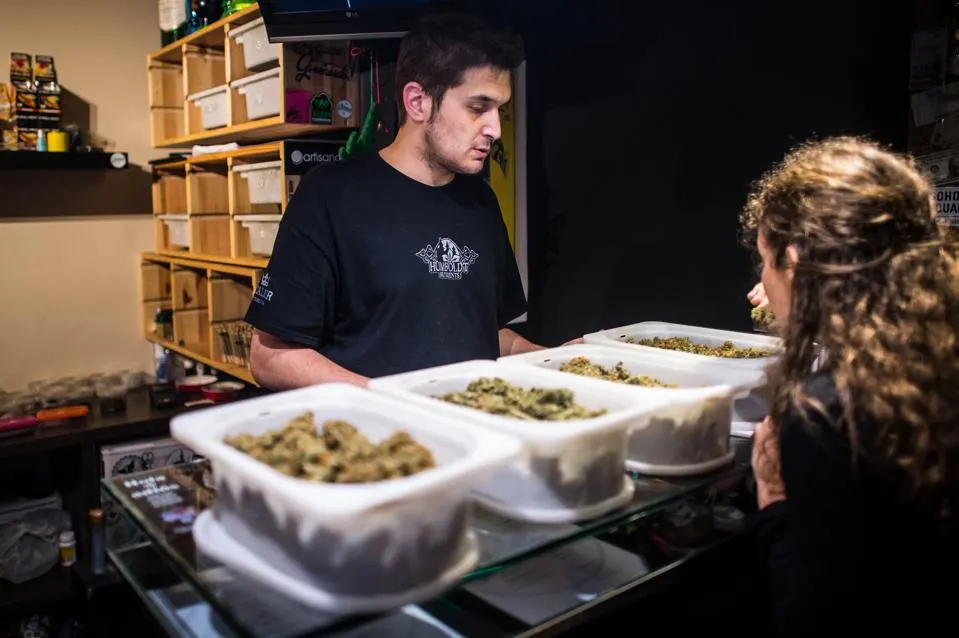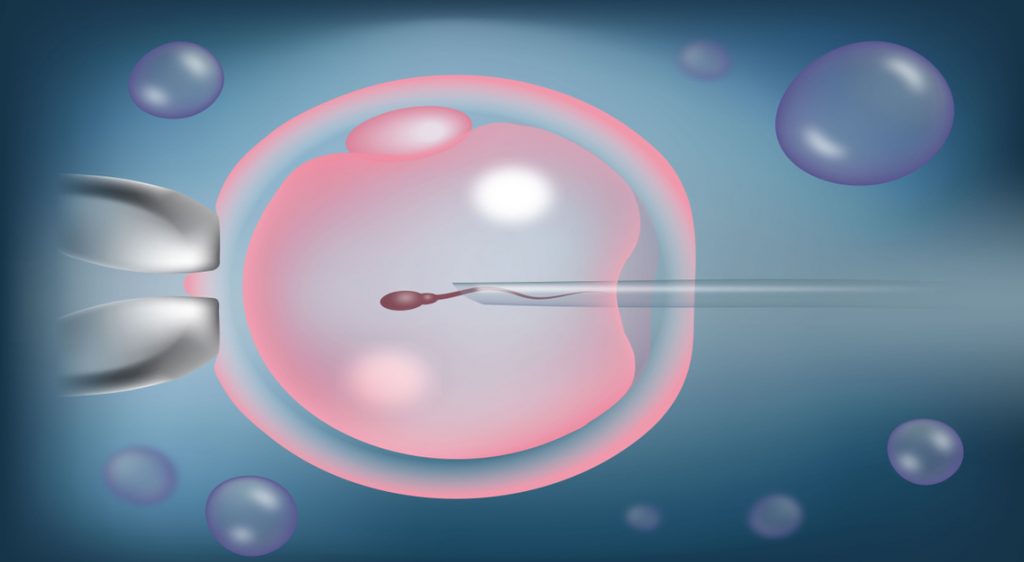Infertility can be a challenging and emotional experience for many couples. One advanced technique that has offered hope to countless individuals is Intracytoplasmic Sperm Injection (ICSI). This procedure has revolutionised the field of assisted reproduction, providing an effective solution for those facing severe male infertility and other reproductive issues. In Thailand, ICSI has become an increasingly popular option due to its high success rates and accessibility.
Understanding ICSI
Intracytoplasmic Sperm Injection, commonly referred to as ICSI, is a specialised form of in vitro fertilisation (IVF). The process involves injecting a single sperm directly into an egg to facilitate fertilisation. This technique is particularly beneficial in cases where traditional IVF methods may not be successful, such as when sperm quality or quantity is significantly compromised.
Why Choose ICSI?
Thailand has become a hub for medical tourism, including advanced fertility treatments like ICSI. There are several reasons why couples might opt for ICSI:
High Success Rates
ICSI offers higher fertilisation rates compared to traditional IVF, making it a preferred choice for many. The precision of the procedure ensures that even with low sperm count or motility, fertilisation can occur effectively.
Expert Medical Professionals
Thailand boasts a plethora of highly trained and experienced fertility specialists who are adept at performing intricate procedures like ICSI. Many of these professionals have received training and certifications from leading medical institutions worldwide.
State-of-the-Art Facilities
The country is home to numerous clinics equipped with cutting-edge technology and facilities, ensuring that patients receive the best possible care. These clinics adhere to international standards, providing a safe and comfortable environment for undergoing fertility treatments.
The ICSI Procedure
Understanding the steps involved in ICSI can help alleviate some of the anxiety associated with the process:
- Ovarian Stimulation
The first step involves stimulating the ovaries to produce multiple eggs. This is achieved through hormone injections and regular monitoring to track the development of the eggs.
- Egg Retrieval
Once the eggs are mature, they are retrieved through a minor surgical procedure. This is usually done under light sedation or anaesthesia to ensure comfort.
- Sperm Collection
A sperm sample is collected from the male partner or a donor. In cases where sperm is not present in the ejaculate, it can be surgically retrieved directly from the testes.
- Fertilisation
A single sperm is carefully selected and injected directly into each egg using a fine needle. This delicate procedure is carried out under a microscope by a skilled embryologist.
- Embryo Culture
The fertilised eggs, now embryos, are cultured in a laboratory for a few days. During this time, they are closely monitored to ensure healthy development.
- Embryo Transfer
The final step involves transferring one or more healthy embryos into the woman’s uterus. A pregnancy test is conducted two weeks later to determine the success of the procedure.
ICSI has proven to be a game-changer in the realm of fertility treatments, offering hope to couples struggling with infertility. In Thailand, the combination of expert medical care, advanced technology, and favourable success rates makes it an appealing option for many. If you or someone you know is considering ICSI, seeking advice from a qualified fertility specialist in Thailand can be the first step towards achieving your dream of parenthood.














